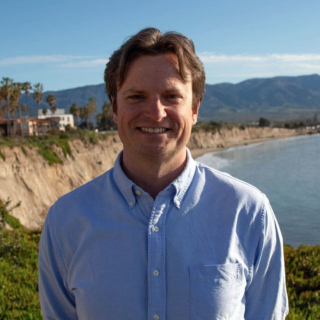
Chris Richardson
Research
Human cells constantly repair DNA damage caused by everything from biological processes and chemical insults to CRISPR-Cas9 gene editing reagents. Cells repair DNA by spatially and temporally coordinating the activity of hundreds of individual DNA repair factors. Failure or inability to repair damaged DNA can result in innocuous sequence mutation, or severe consequences like genome instability and cell death. This interplay between DNA damage and repair is intricately linked to organismal biology and plays key roles in embryo development, carcinogenesis, and aging.
How, why, and when cells deploy DNA repair factors in response to damage – and the impact these decisions make on repair outcomes – are central questions in genome biology. We use genetic, biochemical, and systems biology tools to investigate these topics.
Understanding DNA repair will reveal strategies to alter these processes in cells. This in turn could enable new therapeutics and improve the function of gene editing reagents in laboratory or therapeutic contexts.